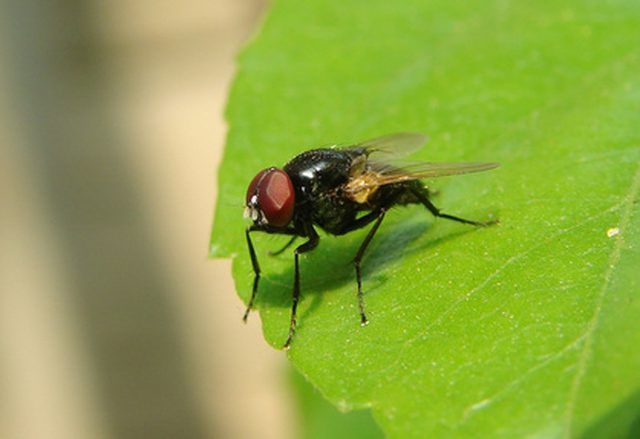Bulbs
Flower Basics
Flower Beds & Specialty Gardens
Flower Garden
Garden Furniture
Garden Gnomes
Garden Seeds
Garden Sheds
Garden Statues
Garden Tools & Supplies
Gardening Basics
Green & Organic
Groundcovers & Vines
Growing Annuals
Growing Basil
Growing Beans
Growing Berries
Growing Blueberries
Growing Cactus
Growing Corn
Growing Cotton
Growing Edibles
Growing Flowers
Growing Garlic
Growing Grapes
Growing Grass
Growing Herbs
Growing Jasmine
Growing Mint
Growing Mushrooms
Orchids
Growing Peanuts
Growing Perennials
Growing Plants
Growing Rosemary
Growing Roses
Growing Strawberries
Growing Sunflowers
Growing Thyme
Growing Tomatoes
Growing Tulips
Growing Vegetables
Herb Basics
Herb Garden
Indoor Growing
Landscaping Basics
Landscaping Patios
Landscaping Plants
Landscaping Shrubs
Landscaping Trees
Landscaping Walks & Pathways
Lawn Basics
Lawn Maintenance
Lawn Mowers
Lawn Ornaments
Lawn Planting
Lawn Tools
Outdoor Growing
Overall Landscape Planning
Pests, Weeds & Problems
Plant Basics
Rock Garden
Rose Garden
Shrubs
Soil
Specialty Gardens
Trees
Vegetable Garden
Yard Maintenance
Insect Spray & Flies
Insect Spray & Flies. The common house fly is not just an annoying pest. It can spread disease and illness through your house, and if you keep animals, through your stables and barns. Dysentery and food poisoning are common ailments of those living with a few too many flies. Stable flies and mosquitoes (which are also classified as a fly) bite and...

The common house fly is not just an annoying pest. It can spread disease and illness through your house, and if you keep animals, through your stables and barns. Dysentery and food poisoning are common ailments of those living with a few too many flies. Stable flies and mosquitoes (which are also classified as a fly) bite and feed off the blood of their victim, also potentially spreading disease. "Filth" flies thrive on bacteria and disease-causing organisms and often feed and lay their eggs on manure or garbage before landing on human food. There are many repellents and sprays available to keep flies away, and coupled with prevention measures, you should be able to greatly reduce the amount of flies in your world.
Identification
The Diptera order, the "real" flies, is one of the largest insect groups. "Diptera" means two wings (one pair), rather than the four wings (two pairs) found on many flying insects. These "filth" flies, which include house flies, blow flies and flesh flies, are small-bodied insects with big eyes.
Minty Repellent
Mint or eucalyptus oil mixed with water in a spray bottle will successfully repel flies. Several drops in a pint of water should be sufficient. Because it's all-natural and smells nice, this is a good spray for indoor repelling as well as spraying around food.
Pine-Sol
Pine-Sol has natural pine oils in it that are also said to repel flies. Mix half Pine-Sol (or other pine oil-based cleaner) and half water into a spray bottle. Spray liberally in places where flies are congregating. This is particularly useful in barns.
Citrus Oils
Many all-natural insect repellent sprays contain citronella oil (not the kind for an outside torch, but pure citronella). This spray is good for animals like horses, sheep or cows that are experiencing problems with flies.
2 cups light mineral oil
1/2 cup lemon juice
2 tsp. citronella oil
2 tsp. eucalyptus essential oil
2 tsp. lemon dish soap
Combine the ingredients in a spray bottle and spray on problem areas of your animal. Shield eyes before spraying around face or ears.
Chemical Solutions
If you decide to use a toxic, chemical-based spray for repelling flies, be sure to wash any surface that you spray before it is used by children or for food preparation. Chemical solutions are best reserved for trash areas, garbage cans and other troublesome, but out of the way, areas.
Prevention
Before using sprays to repel flies, see how much prevention you can do. Cover garbage and get rid of it as often as possible. Try to compost as much organic material as possible to keep the garbage "dry," especially during hot weather. Rinse out recyclable materials before placing in bins to keep flies from being attracted to it. Clean manure from animals often.